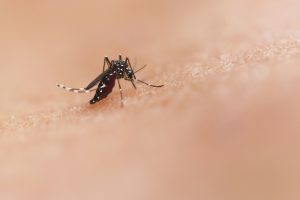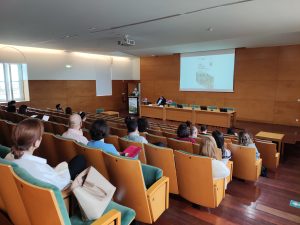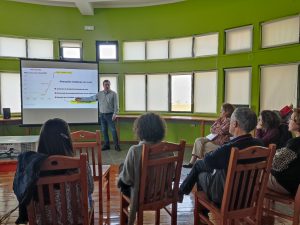Study supports DGAV's decision not to implement the proposed European legislation to amend the beef health inspection protocol.
Researchers of the Instituto de Ciências Biomédicas Abel Salazar (ICBAS), of the University of Portorecently published a study in journal One Health, in which they prove the importance of post mortem inspection in the identification of Bovine Tuberculosis (bTB) lesions, and its contribution to the respective Eradication Plan. The same study also supports the decision of the General Directorate for Food and Veterinary (DGAV) not to implement the proposed European legislation to amend the beef health inspection protocol, making it tend to be visual.
Carried out in collaboration with the DGAV and the University of Trás os Montes and Alto Douro (UTAD), the work now published is based on European regulations that define new rules for official controls on foodstuffs, namely the health inspection of meat.
The Implementing Regulation (EU) 2019/627 provides that “the health inspection of bovine meat may tend to be visual in animals up to 8 months and between 8 and 20 months, if they are reared in a controlled environment, without contact with the outside world”, as explained by the veterinarian and ICBAS teacher, Eduarda Gomes Neves.
These changes may have an impact on the detection of this zoonosis and reduce the efficiency of the National Plan for the Eradication of Bovine Tuberculosis, in force since 1991. The study analyzes data from 10 years (between October 2010 and January 2020) and concludes that using only visual inspection in younger cattle may be insufficient for detecting bTB.
As Eduarda Gomes Neves explains, “in the current context, it still does not make sense to suppress the incision in the tissues of animals aged less than 8 months, under penalty of being approved for human consumption meat from animals with lesions”. With this work, “we provide robust data that support the need to maintain the previous procedures, not making the health inspection of cattle more flexible at this time. The results of the National bTB Eradication Plan indicate that the problem still persists”, adds the professor and researcher.
In addition to the conclusions shared with the DGAV, with the aim of supporting decision-making on maintaining the practice of inspection with palpation and incisions, this work reinforces the importance of approaching health problems from an integrated and holistic perspective.
“When we work on issues related to food safety, public health and animal health, we cannot fail to include the environmental component. In the case of Bovine Tuberculosis, we know that direct or indirect contact between farm animals and wild animals, for example through access to pasture land, contributes to the transmission of the disease. Game species, such as deer or wild boar, are reservoirs of the Mycobacterium bovis, as several studies have demonstrated”, says Eduarda Gomes Neves, concluding that it is essential to keep this investigation “within the scope of One Health”.
Source: Notícias UP







